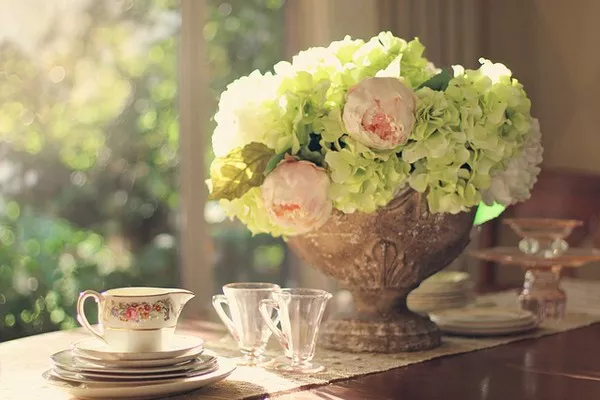Dutch flower growers have appealed to the UK government to delay the implementation of post-Brexit border controls on plants and food set to commence this month. The growers argue that exporters are not adequately prepared, and any delays at customs could lead to significant damages and losses.
The plea comes from VGB, the Dutch association of wholesalers in floricultural products, which has expressed “significant concerns” about the industry’s readiness for the upcoming changes. The association warns that the implementation of these controls will likely disrupt operations during critical periods such as Valentine’s Day and Mother’s Day, which are peak seasons for the floral sector.
Under the new post-Brexit border regime, European importers will be required to provide health certificates for “medium and high risk” animal and plant products starting from January 31. Physical inspections of these goods are slated to commence at the end of April.
Flowers such as chrysanthemums, carnations, and orchids fall into the medium-risk category and will now be subject to checks. Presently, officers visit garden centers after delivery, allowing for the care of plants while awaiting inspection. However, after April, physical controls will take place at the port, potentially leading to extended waiting times for lorries and their consignments, posing a risk to perishable goods.
The Dutch flower growers’ request for a delay underscores the industry’s apprehension regarding the potential disruptions and economic repercussions associated with the new border controls. The appeal is especially timely, considering the critical role these controls might play during essential occasions for the floricultural sector.


